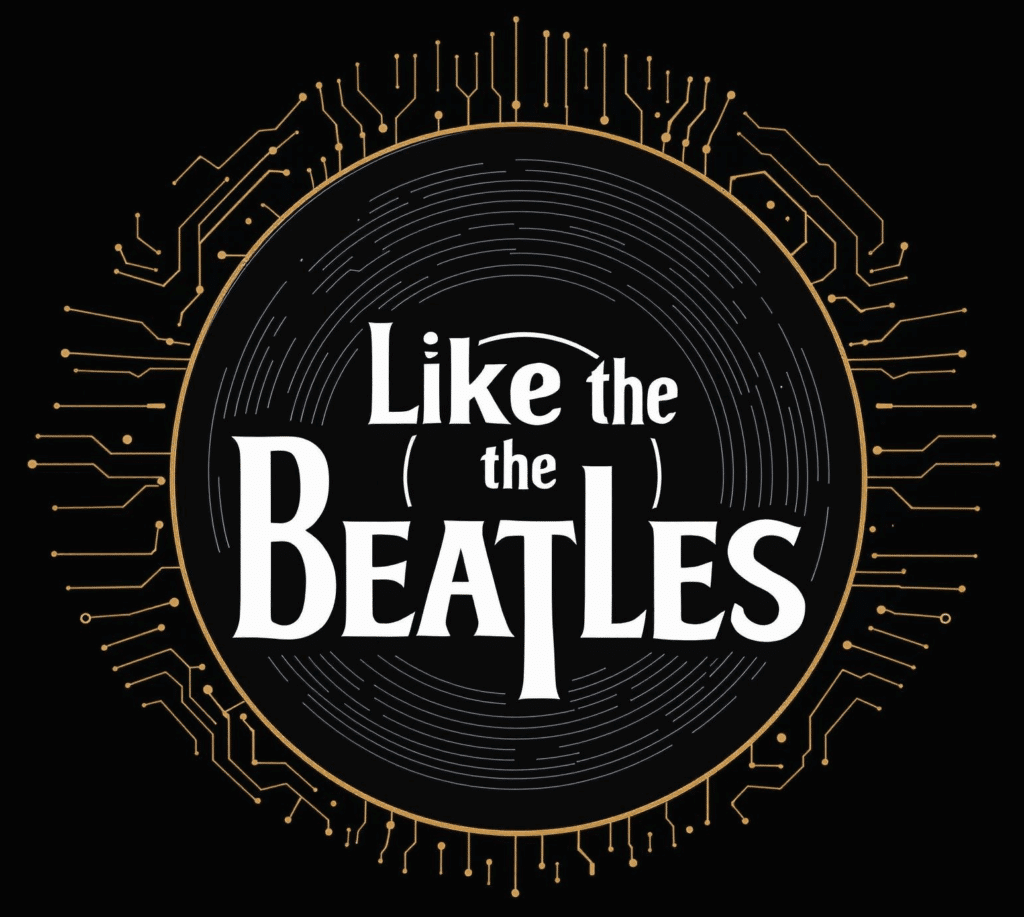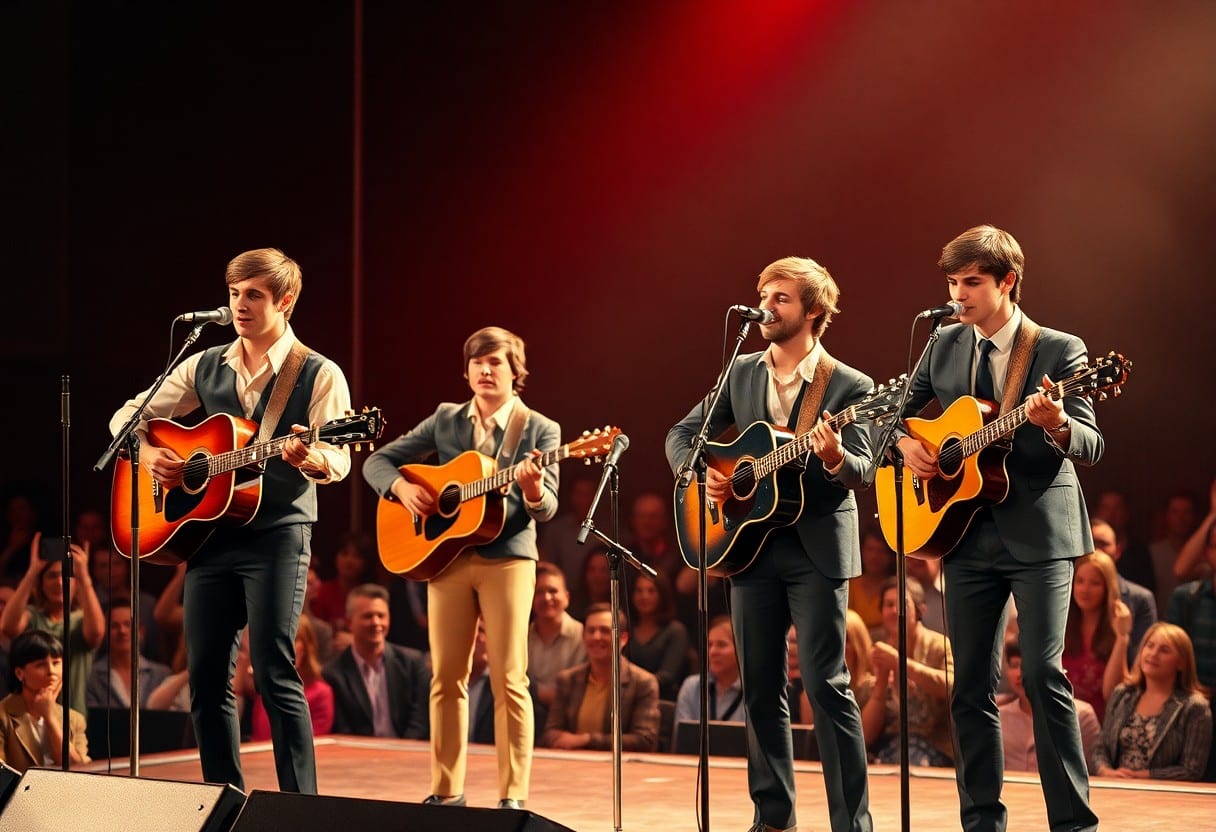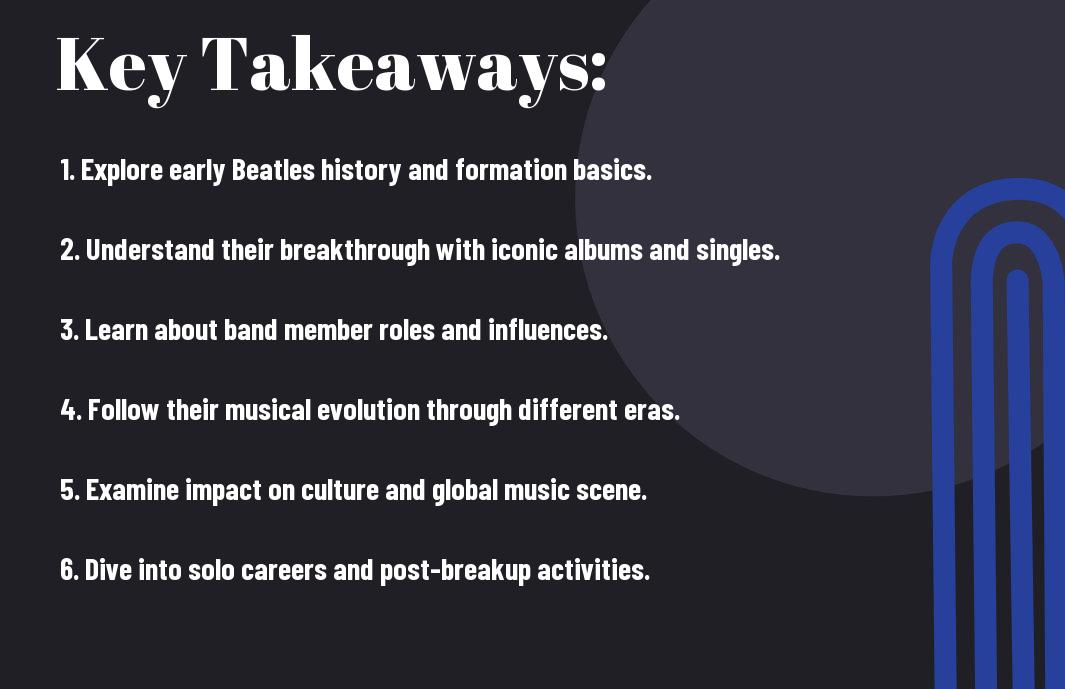You are about to begin on a thrilling journey through the musical legacy of The Beatles, the band that changed the face of popular music forever. In this guide, I will walk you through the key moments, influential albums, and enduring impact of their work, offering insights that will enhance your understanding and appreciation of their artistry. Whether you are a long-time fan or a newcomer, you’re going to discover the fascinating evolution of these iconic musicians and how they shaped musical history.
The Formation of The Beatles
Before they became a global sensation, The Beatles began as a modest group of musicians in Liverpool. I find it fascinating how a simple gathering of talented individuals transformed into one of the most influential bands in history. Their journey was marked by early struggles, creative collaboration, and an unbreakable friendship that laid the groundwork for their legendary status in music.
Early Influences
Beatles were shaped by a myriad of musical influences, including rock and roll, skiffle, and rhythm and blues. As I explored their early years, I discovered how artists like Elvis Presley and Chuck Berry ignited their passion for music. It’s truly remarkable how these influences melded to create a unique sound that captivated audiences around the world.
The Initial Lineup
For a brief period in 1960, the initial lineup of The Beatles consisted of John Lennon, Paul McCartney, George Harrison, and drummer Pete Best. I find it intriguing that these young musicians came together with the shared dream of making music that connected with people. Their enthusiasm and energy during this phase were palpable, setting the stage for their future success.
Indeed, the initial lineup was significant in laying the foundation for the group’s future. John Lennon, with his sharp wit and creativity, and Paul McCartney, known for his melodic instincts, clicked instantly. George Harrison, the young virtuoso, added depth with his guitar skills, while Pete Best brought rhythm to the group. This combination of talent was important as they began performing in local clubs, igniting their journey towards international fame.
Breaking into the Music Scene
Assuming you’re eager to investigate into how The Beatles made their mark in the music industry, it’s important to understand their early struggles and tenacity. The band, initially formed in Liverpool, had to navigate various challenges as they sought recognition. Their commitment to their craft, along with their unique sound, ultimately set the stage for their groundbreaking impact on the music scene.
First Recordings
Along their journey, The Beatles began their first recordings in the early 1960s, starting with simple demos. They gained initial traction with songs like “Love Me Do,” reflecting their raw talent and innovative style. These early recordings would serve as the foundation for their subsequent artistic endeavors, helping them hone their sound and appeal to a wider audience.
Rise to Fame
Below the surface, The Beatles’ rise to fame was marked by a combination of talent, timing, and strategic moves. As they released their first album, “Please Please Me,” it quickly topped the charts, propelling them into the limelight. Their unconventional approach and charismatic presence captivated audiences, while they aggressively toured and promoted their music. Each new release further solidified their place in the hearts of fans and the music industry alike.
Music played a significant role in their ascent, as they constantly pushed boundaries and experimented with different genres. The band’s harmonious melodies and relatable lyrics resonated with a diverse audience, leading to their iconic status. However, their journey wasn’t without pitfalls; there were challenges in the form of public scrutiny and personal conflicts, but these elements only fueled their determination to succeed. It was this combination of resilience and innovation that ultimately catapulted The Beatles to legendary status in music history.
The Beatles’ Musical Evolution
Despite their humble beginnings in Liverpool, The Beatles underwent a remarkable transformation that forever altered the landscape of popular music. I’ve observed how their sound evolved from early, catchy pop melodies to more complex and innovative arrangements. You can hear this progression through their experimentation with various genres, instrumentation, and lyrical themes, allowing them to maintain relevance and captivate audiences across different eras.
Experimentation in the Studio
Studio sessions for The Beatles were not just about recording music; they were a playground for innovation. I find it fascinating how they embraced new technology and techniques, pushing the boundaries of what was possible. You can see this in their use of multi-track recording, tape effects, and unconventional instruments, making each session a unique exploration in sound.
Notable Albums and Hits
Beside their innovative studio practices, The Beatles produced a string of notable albums and hits that defined different musical eras. I believe their ability to adapt and innovate is evident in classics like “Revolver,” “Sgt. Pepper’s Lonely Hearts Club Band,” and “The White Album.” Each record showcased their growth and experimentation, blending rock, folk, and even orchestral elements to create timeless tracks.
A deeper look at their notable albums reveals how The Beatles continually pushed the envelope of music. For instance, “Revolver” introduced avant-garde techniques and lyrical depth that was previously unseen in pop music. “Sgt. Pepper’s Lonely Hearts Club Band,” often regarded as one of the greatest albums of all time, illustrates their artistic ambition with its conceptual framework and elaborate production. As you explore their discography, you’ll find that each album carries a distinct identity, driven by their desire to innovate and reflect the complexities of life. This evolution highlights not just their musical genius, but also their impact on the cultural landscape of the 1960s and beyond.
Cultural Impact and Global Reach
Once again, we see how The Beatles transcended mere musical fame, demonstrating a significant cultural impact that reshaped global society. Their innovative sound and message inspired countless artists, reached hearts, and sparked social movements around the world. If you’re interested in a deeper dive, I highly recommend Tune In: The Beatles – All These Years, Vol. 1 for a comprehensive analysis of their journey and influence.
The “British Invasion”
An iconic moment in music history, the “British Invasion” marked the arrival of British bands dominating the American charts during the 1960s, with The Beatles leading the charge. This phenomenon not only signaled a shift in musical tastes, but also laid the groundwork for a new wave of artists who would redefine rock and pop music across borders.
Influence on Music and Society
Global recognition of The Beatles isn’t just about their catchy tunes; it’s about their enduring influence on music and societal norms. Their innovative approach to songwriting, experimentation with various genres, and commitment to musical evolution encouraged artists to explore and push boundaries in unprecedented ways.
But The Beatles’ influence goes beyond their musical achievements. They served as a voice for progressive social change, addressing topics like love, peace, and counterculture. Their songs became anthems for movements promoting civil rights and anti-war sentiments. The Beatles challenged societal norms, inspiring generations to explore their identities and express their beliefs, ultimately paving the way for the more inclusive and diverse music scene we see today.
Internal Challenges and Changes
Keep in mind that the internal dynamics within The Beatles were often as complex as their music. As they achieved unprecedented fame, tensions began to surface, driven by personal and creative differences. Navigating these internal challenges ultimately shaped the band’s trajectory, highlighting the impact of individual artistry on the collective identity of a group as iconic as The Beatles.
Creative Differences
Above all, the creative differences between the band members became increasingly pronounced. Each member had unique ideas and artistic visions, which sometimes led to conflict. Instead of collaborating seamlessly, you could witness moments of friction that foreshadowed the band’s eventual dissolution.
The Transition to Solo Careers
Around the late 1960s, the increasing strain on relationships prompted each member to explore their individual artistry, marking the beginning of their solo careers. This shift was both a personal and professional evolution, as they sought to express their unique voices outside the confines of the group.
Hence, the transition to solo careers for each Beatle was a transformative moment that reflected their growing desire for artistic independence. John Lennon researchd into politically charged themes, while Paul McCartney embraced a more melodic style. George Harrison explored spiritual and cultural influences, and Ringo Starr added his charm with a distinct sound. Each member’s journey showcased their individual growth, highlighting the positive implications of their split while also exposing the dangers of leaving such a successful legacy behind. This period marked not just the end of an era, but the birth of remarkable solo careers that would redefine their musical legacies.
Legacy of The Beatles
Unlike many other bands of their time, The Beatles left an indelible mark on music and culture that continues to resonate today. Their innovative approach to songwriting and recording transformed the landscape of popular music and inspired countless artists across generations. From their groundbreaking albums to their iconic performances, The Beatles pushed boundaries and changed how we perceive music, solidifying their place in history as one of the most influential bands ever.
Lasting Influence on Future Generations
An entire generation of musicians has drawn inspiration from The Beatles, whether through their songwriting techniques, harmonious vocal arrangements, or experimental sounds. Bands from the 1960s to today, like Oasis and Coldplay, have openly cited The Beatles as foundational influences in their work, illustrating their role as a benchmark for creativity and innovation in the music industry.
Recognition and Honors
The legacy of The Beatles has been recognized with numerous awards and honors throughout the years, highlighting their immense contributions to music and culture. They have received multiple Grammy Awards, including a Lifetime Achievement Award, and were inducted into the Rock and Roll Hall of Fame in 1988. Their music has also been celebrated with accolades like the Hollywood Walk of Fame stars and other international honors, showcasing the universal impact of their art.
A notable moment in their recognition came with the Grammy Lifetime Achievement Award, which underscored their lasting cultural impact. Their induction into the Rock and Roll Hall of Fame solidified their status as pioneers, while their Hollywood stars serve as a constant reminder of their influence. Beyond awards, The Beatles’ music has been preserved in various forms, including documentaries and biographies, continually inspiring new generations to appreciate their groundbreaking contributions.
To wrap up
With this in mind, I hope that this step-by-step journey through the incredible story of The Beatles has opened your eyes to their influence and artistry. Each phase of their career offers unique insights into not just their music, but also the cultural shifts of their time. As you explore their albums, films, and legacy, I encourage you to engage with their work deeply, allowing their evolution to enrich your understanding of popular music as a whole. Your journey into The Beatles is just beginning, and there is so much more to uncover.












